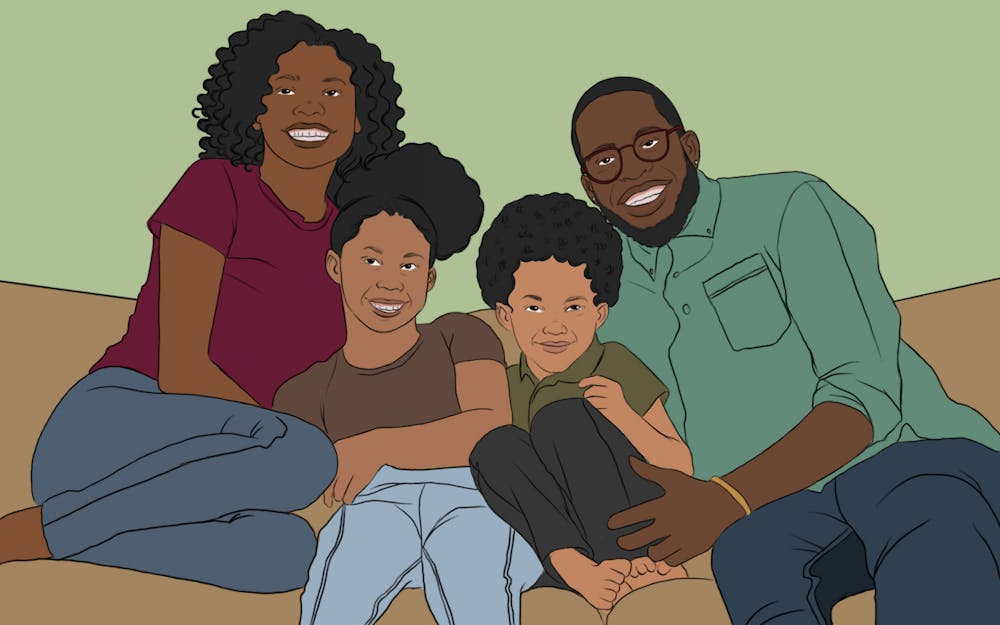In recent years in the United States, there has been a rise in the number of children being raised in two-parent households, across all demographics.
In 1960, the percentage of children in a two-parent home was around 80%. The proportion of children under 18 living with two parents steadily declined from 88% in 1960 to just 66% in 2005. The number has now risen to 70% in 2020, the highest it has been in 30 years, according to the U.S. Census.
Amongst all races, African Americans have seen the biggest increase in the number of children who are living in a two-parent household, regardless of the parents’ marital status.
The structure of Black families has been jeopardized since slaves were brought to this country and torn away from their family members. This generational trauma has had long-lasting effects on the Black community and their family structure.
Black people in the U.S. were not even allowed to be legally married until the 13th Amendment, which abolished slavery, was passed in 1864. In 2016, a study done by the U.S. Census Bureau showed Black people had the lowest marriage rates amongst all races.
The lack of resources Black people have had since they were forcefully brought to this country has also been detrimental to their family structure.
Even now when poverty rates are historically low in the U.S., Black people are still more likely than any other race to live in poverty. Needless to say, these conditions are not ideal to raise a family.
Despite the turmoil facing the Black family in the U.S., they have still managed to prosper.
“They are trending now more rapidly than other families in the direction of family stability, which I think is both striking and encouraging,” Brad Wilcox, a sociologist at University of Virginia, said.
Wilcox said there are many positive effects for Black children being raised in a home with two parents.
“They are less likely to live in poverty, they are less likely to end up in prison, and they’re markedly more likely to graduate from college when they’re raised in intact, two-parent families,” Wilcox said.
Talia Clark, a Black mother of three, said raising her kids in a two-parent household has been extremely different from her upbringing with a single mother.
“I can’t imagine having to take sole responsibility for all of my children majority of the time. Clark said. “My husband and I do a pretty good job of sharing responsibilities with our children. My mother also had 3 children and she had to take on most of the responsibility and I applaud her for that. Parenting is a hard job but having a strong and reliable partner makes it much easier.”
The increase of Black children being raised in a two-parent household is undeniably a win for the Black community. Reaching this milestone is just the beginning of reversing the effects of the generations of destruction that have negatively impacted Black families.






